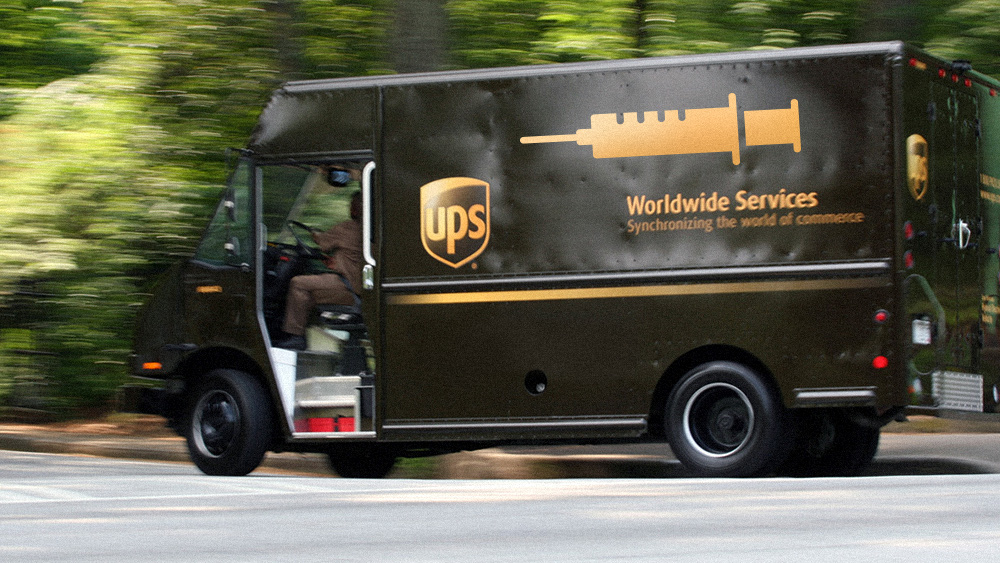
Florida Dave, a contributor to Survival Blog, wrote down a day-to-day account of how he prepared for, survived, and managed after Hurricane Irma. We will be recounting some of the steps he took (and adding in our own comments and suggestions) in the hopes that you, dear NaturalNews reader, will learn essential tips on how to prepare for the next weather disturbance.
Preliminary prepping
As with any survival situation, the bulk of the work is in the preparation. Ten days is enough to sort out everything you need. Naturally, your prepping time depends on how well you keep track of weather news reports; however, these steps can be adjusted, depending on your needs and priorities.
- Check existing survival/emergency supplies. Note any item that you are running low on.
- Stock up on fuel that can be used for your car or generator. Gasoline has a shelf life of around three to six months without a fuel stabilizer. Try storing as much as you can, but we’d recommend around 30 gallons in five-gallon containers. This should last you a week, as long as you use it only for basic necessities.
- Ensure that you have enough water for you and your family. At our bare minimum, we’d need around a liter of water a day so calculate how much you’d need for around a week.
- Make sure you have flashlights and an extra set of batteries.
- Clean out your rain barrels. These can provide you with 150 gallons of water each time it rains.
- Weigh down garbage and recycling cans with water and stick them between shrubs so that they do not fly away. You should also clean out the rain gutters.
- Do last-minute shopping and buy necessities. We’d also recommend stocking up on unscented, regular bleach, toilet paper, bandages, dish soap, body soap, and other first aid supplies.
- Install hurricane shutters.
- Bring in loose objects from outside.
- Put new batteries in the radio.
- Form a communications plan with family members (both in- and out-of-state) so that they know not to worry and what to do when (or if) phone lines go down.
- Turn fridge and freezer temperatures down.
- Move immediately needed items from the fridge and freezer to a cooler. These machines should not be opened until after the weather formation passes.
Florida Dave noted that in the days leading up to Irma, there was an eerie sense of calmed panic, or panicked calm. For the most part, our local government units are prepared to deal with severe weather disturbances. You will notice several crews tying down tarps or escorting tankers to gas stations. Most grocery stores will be closed and supplies will typically run out very quickly. Remember to not lose your head during these moments. It is scary, but if you have prepared properly, you should be all right.
The aftermath and a few things to remember
Storms, hurricanes, or any other severe weather patterns only last a few minutes or hours but the destruction they leave behind can be severe. Typically, the after-effect of such weather disturbances is power outage.
- Do a quick inventory of the damage you or your house has suffered. Check if cell service is working.
- Normally, your town’s damage assessment should be quick, with officials working immediately to restore order. There will probably be little to no traffic at this time, but unless you have to, refrain from going out of your home or shelter.
- Once you can, start your generator and schedule blocks of time where you can run it to cook your food or charge your phone. We’d suggest three four-hour blocks (e.g. 7 a.m. to 11 a.m.; 1 p.m. to 5 p.m.; 7 p.m. to 11 p.m.).
- Use the food from the fridge first, and cook these using a side burner.
- Pass the time reading, listening to the radio, cleaning up, and prepping food.
Arguably, the hardest part of surviving a weather disturbance is regaining balance. Even the best prepping does not take away the stress that comes with dealing with these situations. Prepping and surviving the aftermath takes a lot of energy. Take note that your sleep and eating schedules will be disrupted. Try resting whenever you can. (Related: Remember these 5 lessons from Hurricane Katrina to prepare for survival during any disaster.)
This should be a wake-up call for everyone. Florida Dave managed to survive quite well thanks to his excellent prepping skills; he only had to make a few tweaks to his plan due to certain factors. Nevertheless, his experience could have been a lot worse if he hadn’t taken the time to prepare.
Sources include:
Please contact us for more information.





















